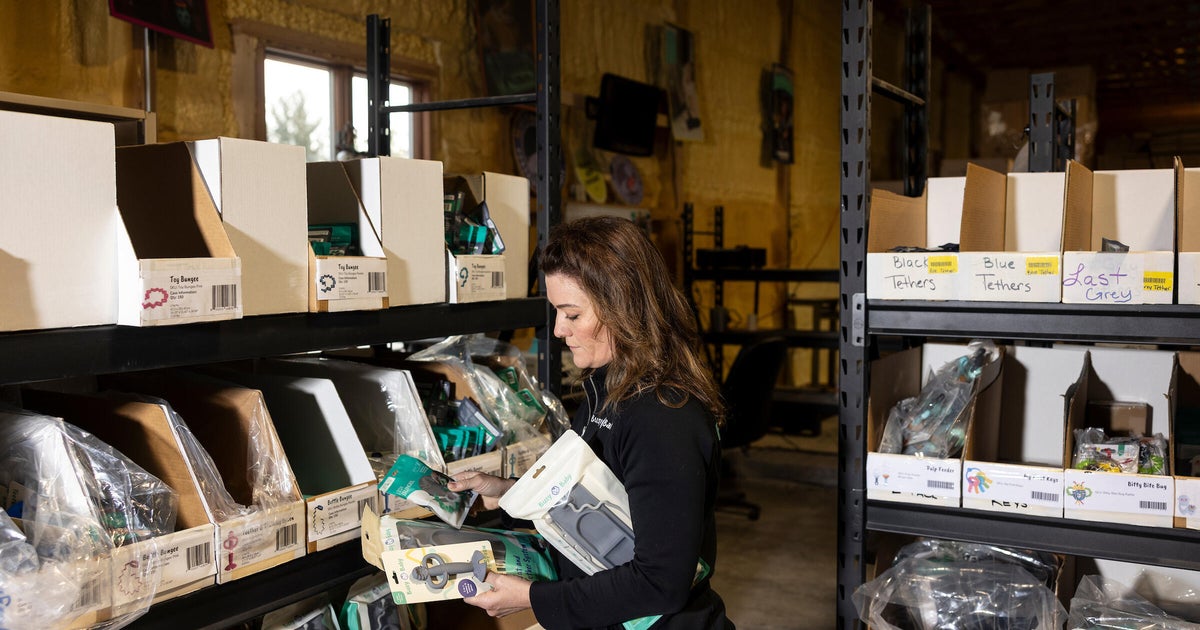Tariff Tremors: How Colorado's Business Landscape Is Being Shaken from Main Street to Wall Street

Colorado businesses are facing a dramatic surge in tariff rates, with the effective tariff rate skyrocketing to seven times its previous level in just one year. This unprecedented increase is sending shockwaves through the state's economic landscape, potentially impacting everything from local manufacturing to international trade partnerships.
The massive jump in tariffs represents a significant financial challenge for companies operating in Colorado, forcing many to reevaluate their pricing strategies, supply chains, and overall economic sustainability. Entrepreneurs and industry leaders are now scrambling to understand the implications of this sudden and substantial tax burden.
Experts suggest that such a dramatic increase could have far-reaching consequences, potentially affecting consumer prices, business competitiveness, and the state's economic growth. As businesses adapt to this new financial reality, the long-term impact remains to be seen.








